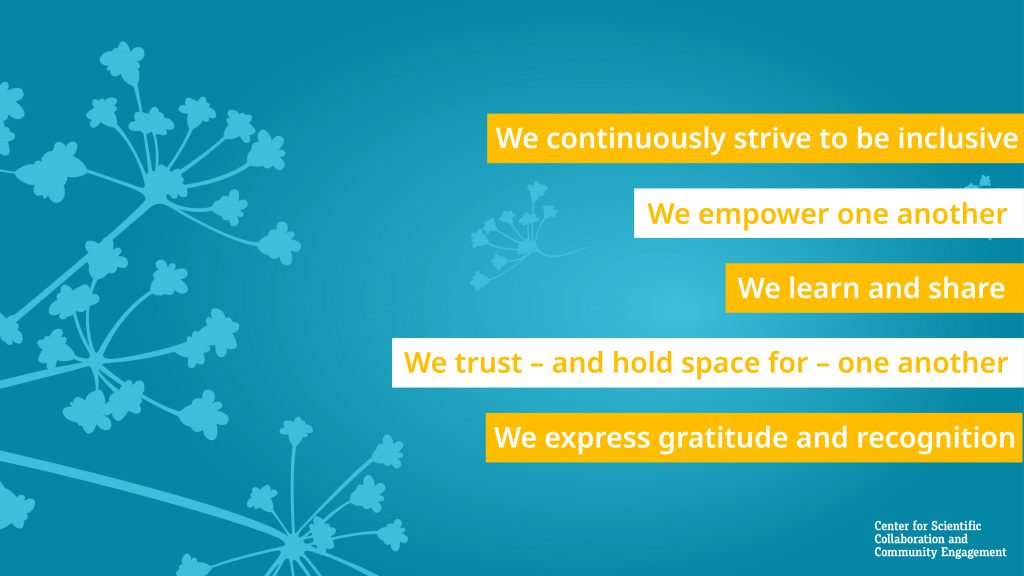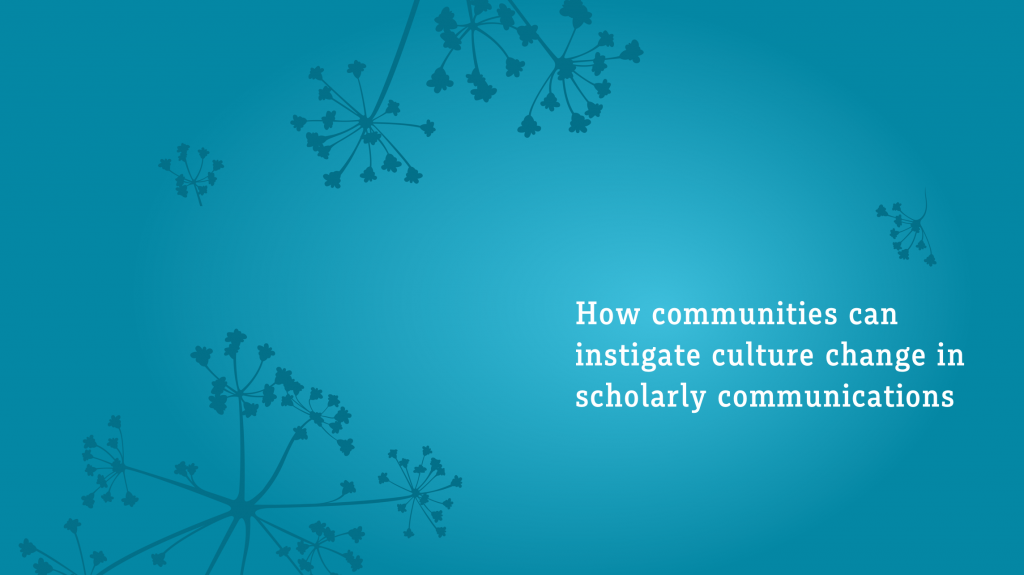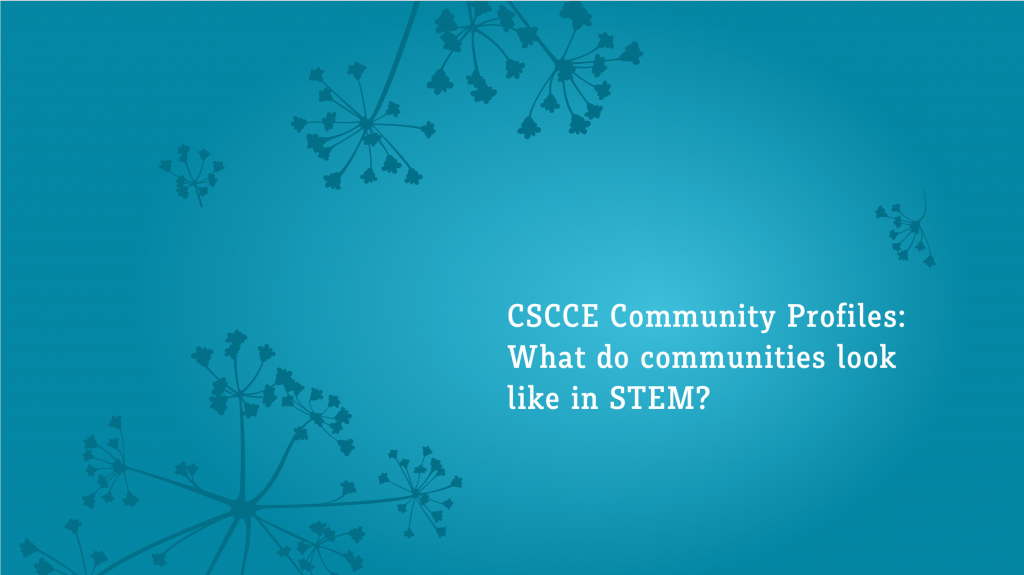This week we’re launching a new CSCCE working group – for any STEM community managers planning or supporting community champions programs.
What are community champions programs?
As a community manager, chances are you spend a significant amount of your time operating at the “whole community” level – devising shared programming such as community calls and also creating newsletters and other reinforcing communications to keep the group informed and aligned around the various programming and activities.
While that community-level alignment is crucially important, a community moves forward its mission when members are empowered to take on emergent leadership roles – which enables the community to grow, become more sustainable, and to advance specific projects together via working groups and other smaller-group activities. In the CSCCE Community Participation Model (see image below) we refer to this mode of member engagement as the CHAMPION mode – and we’re working to develop our own champion infrastructure as well as working with other communities such as The Carpentries to develop theirs.
Continue reading “Announcing a new CSCCE working group – Community champions programs!”

